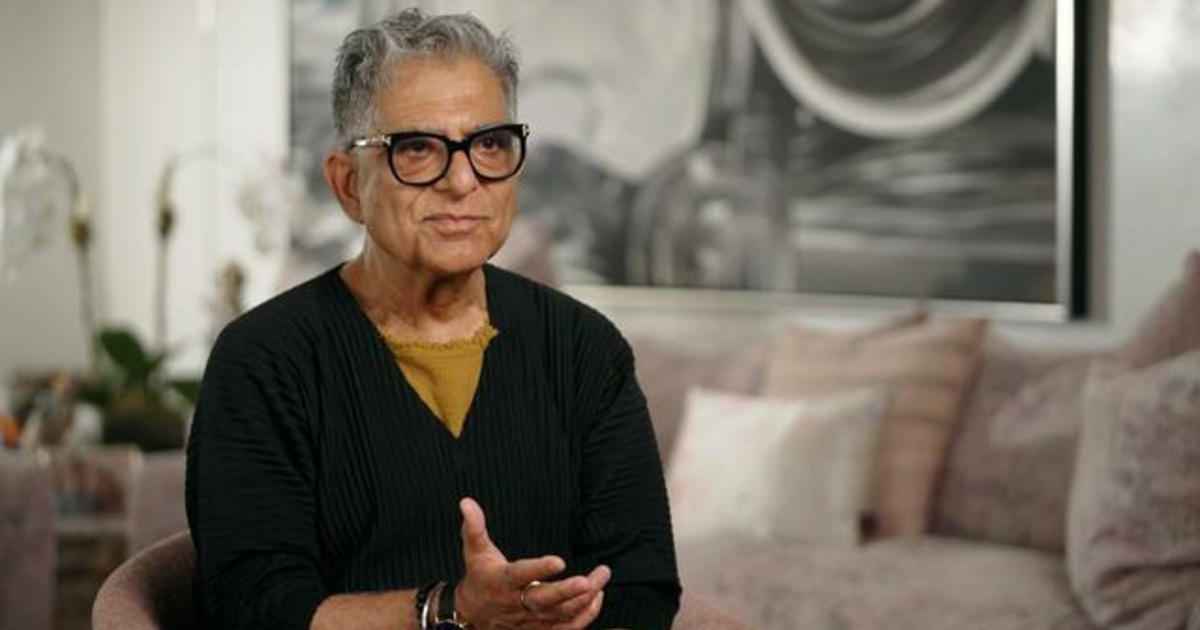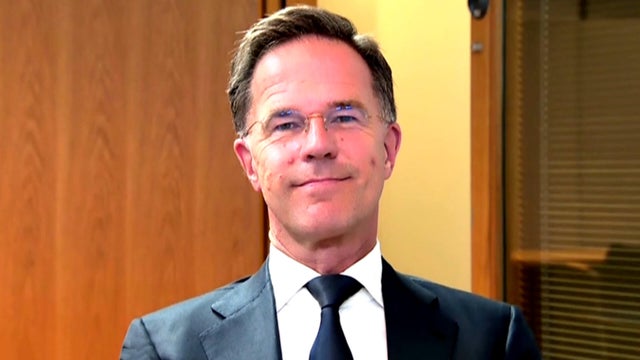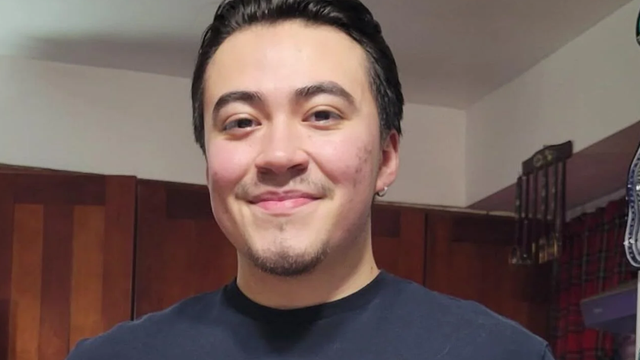

Deepak Chopra doesn't explicitly endorse AI as a replacement for a spiritual guide, but rather suggests it could be a powerful tool on the path to spiritual awakening. His perspective stems from his belief in the interconnectedness of all things and the inherent consciousness he sees within the universe. He likely wouldn't view AI as possessing sentience or genuine spirituality itself, but rather as a reflection of the underlying consciousness that pervades everything. Chopra's argument for AI's potential role as a spiritual aid likely rests on several pillars: Access to vast knowledge: AI can process and synthesize information from countless spiritual texts, philosophical treatises, and scientific studies far beyond the capacity of any single human. This could allow individuals to explore diverse spiritual traditions and perspectives, leading to a deeper understanding of their own beliefs. He might see this as aiding in self-discovery, a key component of many spiritual paths. Personalized guidance: AI could tailor its guidance to an individual's specific needs and personality. Through sophisticated algorithms, it could track an individual's progress, identify patterns in their thinking and behavior, and offer customized advice and meditations based on their unique spiritual journey. This personalized approach aligns with Chopra's emphasis on individualized healing and spiritual growth. Objective perspective: Human spiritual guides can be influenced by their own biases and limitations. AI, in theory, could offer a more objective perspective, free from emotional baggage or personal agendas. It could help individuals to examine their beliefs without judgment and facilitate self-reflection. Expansion of consciousness: Chopra frequently talks about expanding consciousness as a key goal of spiritual practice. AI, in its ability to process and present information in novel ways, could potentially broaden an individual's understanding of the world and their place within it, potentially leading to a deeper sense of connection and awareness. However, Chopra would likely also acknowledge potential pitfalls. He’d probably emphasize the importance of maintaining critical thinking and not blindly following AI’s advice. The danger of becoming overly reliant on technology, losing personal agency, or misinterpreting AI’s output as definitive truth would be significant concerns. The ethical considerations of developing AI tools for spiritual guidance would also be a major point for him; ensuring that these tools are not used for manipulation or control would be paramount. In essence, Chopra's view on AI as a potential spiritual guide is likely not one of replacement, but of augmentation. He probably sees it as a potentially valuable instrument in the pursuit of self-knowledge and spiritual growth, but only within a framework of conscious awareness, critical thinking, and a profound respect for the human spirit.

A legend in well-being, Deepak Chopra has been at the intersection of science and spirituality for almost half a century, meeting world-class leaders and celebrities alike and becoming a best-selling author with his dozens of books.
Born and raised in New Delhi, India, Chopra moved to the United States in his 20s, beginning his career as an endocrinologist before growing into a prominent figure in the New Age movement who became famous for teaching meditation to household names like Oprah and Michael Jackson. In his 95th book, "Digital Dharma," Chopra explores his beliefs about technology and spirituality — like why he believes is the key to personal growth.
He told "CBS Saturday Morning" that while some people may prefer to focus on the "doomsday scenarios" associated with the technology, he wants to look at the positives.
"You can use AI for self-reflection. You can use AI for research as a research assistant, you can use AI as a health coach, both physical and mental, but even more important as a spiritual guide," Chopra, 77, said. "You have access to all the spiritual luminaries of humanity since the dawn of history."
He recommends starting by a general question, like how to sleep better at night. When it gives responses, filter by the ones that are best for you.
"The machine is not intelligent, OK? It's a database," Chopra explained. "But it's an amazing database, because it's a database of philosophy, of science, of spirituality, of religion, of physics, of mathematics, of biology, of anthropology, the database of human knowledge. There's no single person who has access to that, but this is like Aladdin's lamp: You use it correctly and the genie comes out of it and it can solve any problem that you have."
Chopra has launched his own AI endeavor, called DigitalDeepak.AI. The program, launched in May, is not a large language model and does not go through search engines, but instead uses only things Chopra has said or written in the past. The information given to the AI will also remain anonymous, Chopra said, and won't be stored.
Chopra said that he believes AI programs and other algorithms can help tackle the nation's mental health provider shortage.
"I think the only way to fill the gap is through AI, through algorithms that monitor your well-being," he said. "And that can give you not only advice, but actually help you in the moment to tackle your distress. If we can , with these algorithms, with monitoring, you won't need to see a doctor most of the time."
AI isn't the only digital space where Chopra believes in spreading his message. He has more than 15 million followers on social media, and does one video a day for his audience, aiming to make social media a space that is "joyful" and "compassionate." Especially in these divisive times, he said, he hopes that his presence online can help people live happier, more spiritual lives.
"I think artificial intelligence is the only way to create a critical mass of people who want to be healthy and joyful and hang out together," Chopra said. "You know, I see a lot of entrepreneurs these days ... I tell them, 'Life is so short. Have you thought of your final exit at the end of your life?'"
"'Are you going to say, 'My life had meaning and joy and love and compassion and empathy and (the) search for truth and goodness and beauty and harmony,' or are you going to say, 'I made a bunch of money'?" he continued. "What's most important is your well-being. Don't waste it on getting sick right now and then spending all the money you've earned to get better."





